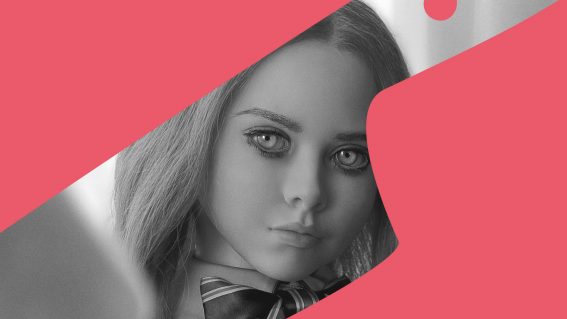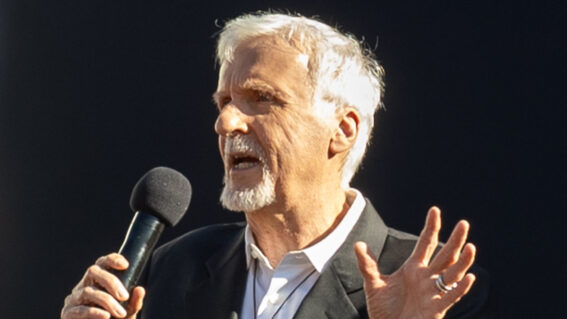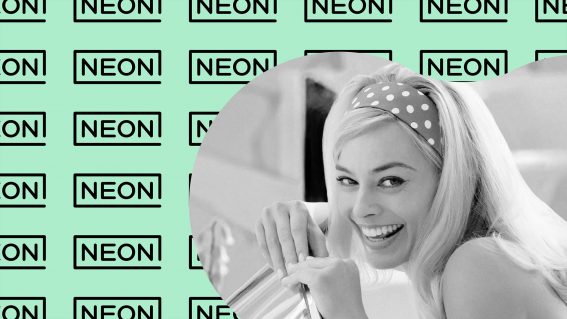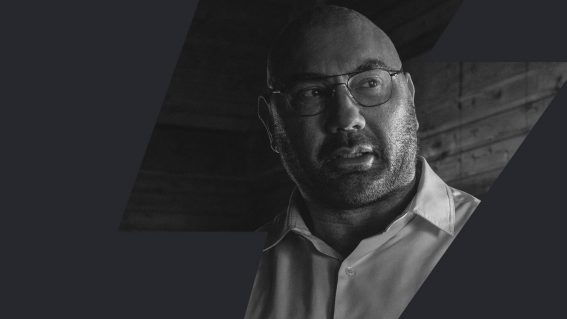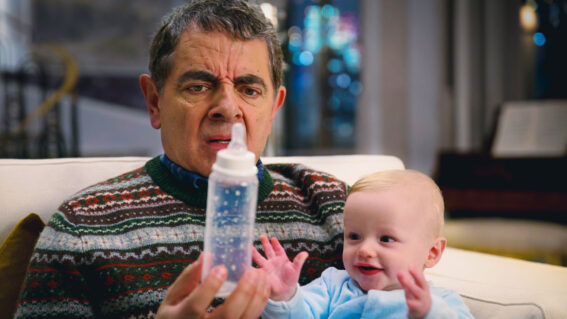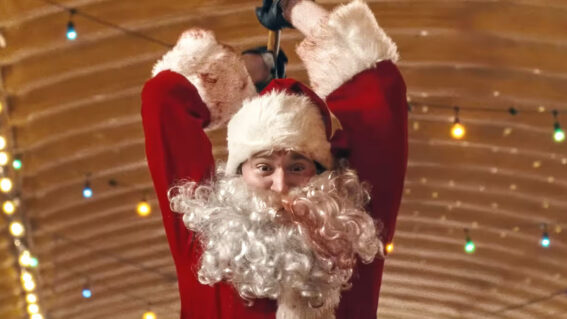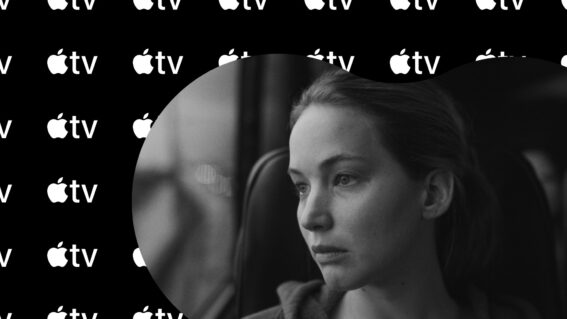The Last Showgirl isn’t the Pamela Anderson comeback we were hoping for
On paper, this seems like the perfect role for Pamela Anderson – but the film isn’t what it’s cracked up to be.
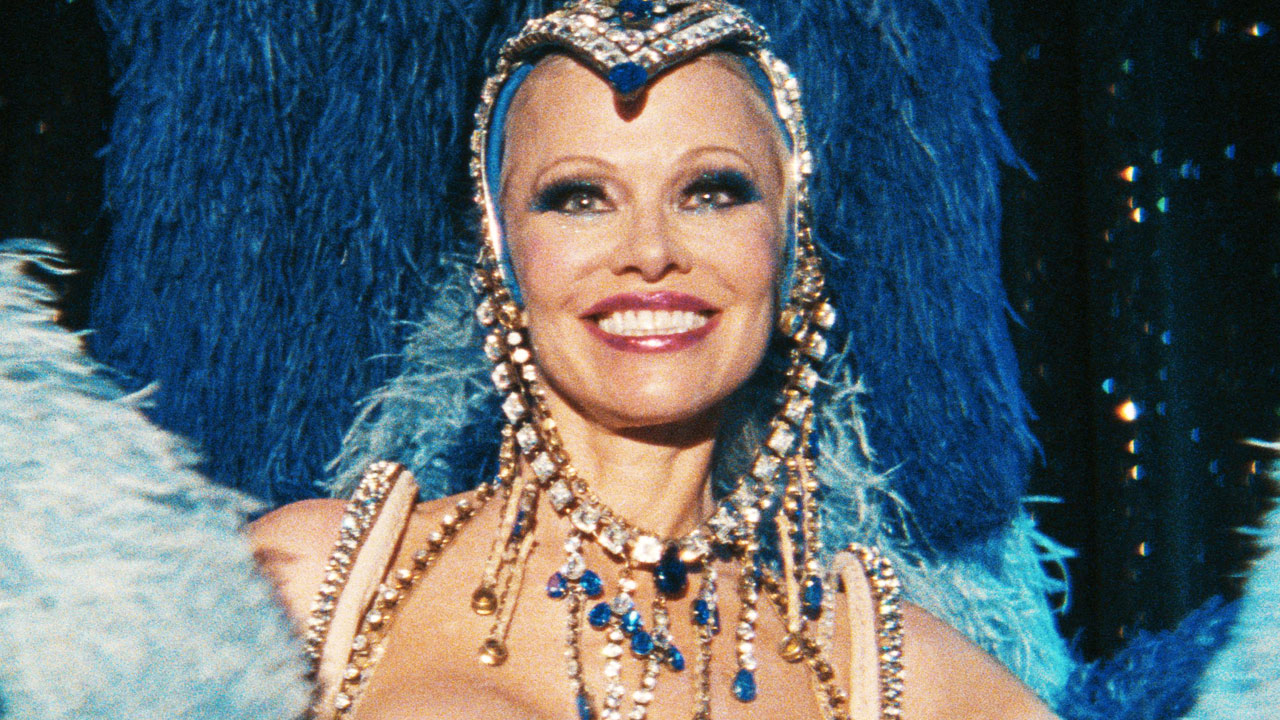
On paper, Gia Coppola’s film about an aging Vegas showgirl—was a perfect late-career recalibration for its star, Pamela Anderson. But Luke Buckmaster was left wanting (a lot) more.
The Last Showgirl was clearly intended as a belated vindication of Pamela Anderson acting talents: final, incontrovertible proof that we were wrong to under-estimate her as an empty-headed Baywatch star, bouncing along to the beach to I’m Always There. This much would’ve been obvious even without the arrival of Anderson’s recent memoir, and an authorized Netflix documentary—both attempts from the star to reclaim and reframe her narrative. What better next leg of the journey than a critically acclaimed, awards-minted arty drama featuring a pathos-exuding Anderson front and centre?
That trajectory looks good on paper, but director Gia Coppola’s film is a big disappointment: a strained, glumly shot and unconvincingly performed down-n-out drama set during the final days of a long-running, low-rate Vegas stage show. Anderson’s 57-year-old showgirl Shelly Gardner has performed in the raunchy “Le Razzle Dazzle” for three decades, somehow holding on in an industry notorious for its revolving door of pretty young things. The Last Showgirl gains an unwanted additional layer of melancholia when it becomes clear that Anderson’s performance (like the film) isn’t very good, failing to spark despite the entire production being oriented around it.
A considerable portion of the dialogue involves Shelly looking back on her life, yearningly rather than regretfully, screenwriter Kate Gersten articulating a clear stance: being a showgirl for a crummy revue does not equal squandered opportunity. The film’s most obvious inspiration, Darren Aronofsky’s The Wrestler, had no issues inferring that professional wrestling is a road to nowhere, or that Mickey Rourke’s protagonist might have wasted his life, the patheticism of his circumstances summed up in the song Bruce Springstein recorded for it (“if you’ve ever seen a one-trick pony, then you’ve seen me”). But The Last Showgirl is more reluctant to toss the protagonist’s career into a bin marked “bad decisions.”
This is where the film starts to get interesting, addressing a tension between the low-rate status of the show and the high value assigned to it by the protagonist. At one point Shelly’s daughter Hannah (Billie Lourd) finally sees it, after many years of avoidance, and is appalled; she can’t believe mum neglected her during her formative years for such a tawdry affair. The film itself is less prepared to go there, locationally speaking, presenting very little of the revue itself—as if Coppola didn’t know how to defend a chintzy nudie spectacle predominantly intended for gawking men.
“Being an artist is solitary, but if you’re passionate about it, it’s worth it,” Shelly tells Hannah—a line that might’ve felt bittersweet, or tragically delusional, or solicited some sort of feeling, if Anderson had something with it, taking somewhere. The words evaporate as soon as they leave her mouth. The film really needed its star to project that Shelly has interesting layers, or at the very least contains multitudes. But Anderson—who speaks in a fast, squeaky, almost Monroe-esque lilt—doesn’t manage to take us there.
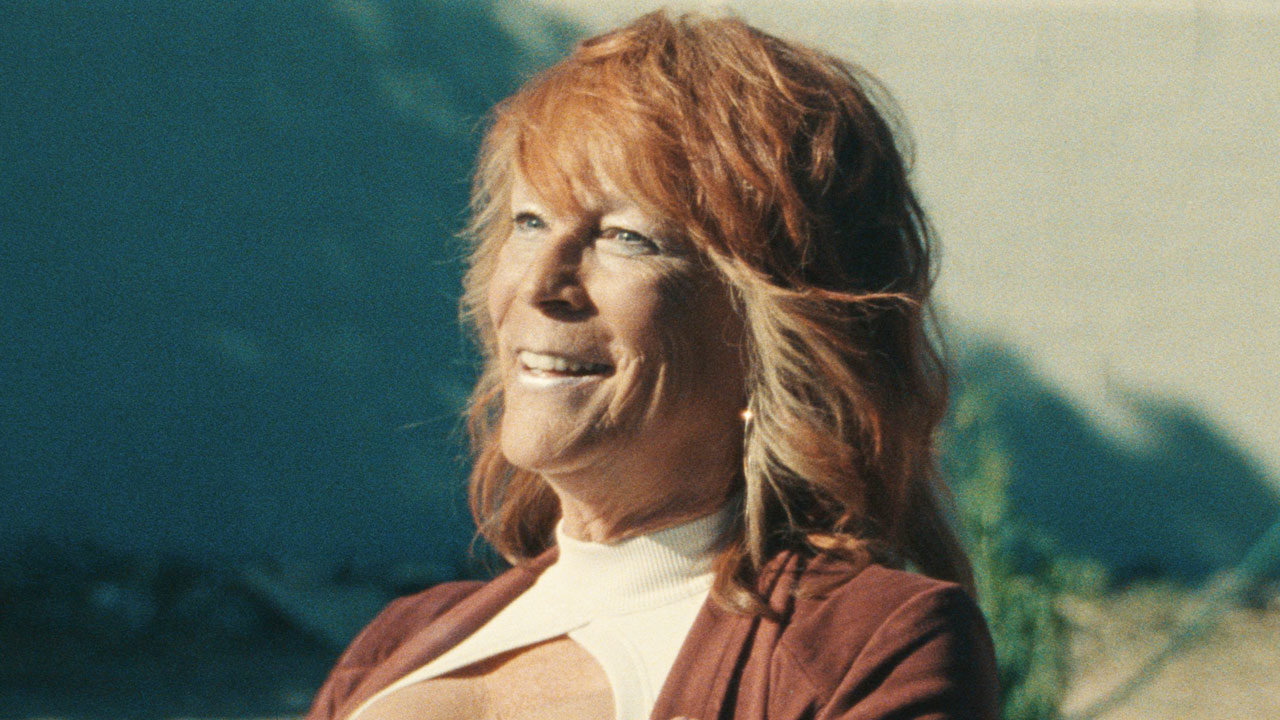
The script certainly does her no favours. After Eddie (Dave Bautista), the revue’s producer, shares news over the dinner table that its days are numbered, Shelly’s best friend Annette (Jamie Lee Curtis) exclaims “your important information just broke her fucking heart,” establishing the script’s tendency to state in words what was obvious in subtext. Visually Coppola opts for a coarse, blemished, unadorned aesthetic, in stark contrast to Kate Gersten’s rather on-the-nose scripting.
Nowhere is this more evident than in an audition scene that’s painful to watch, for various reasons. It’s supposed to be painful in that this is a moment of rejection for Shelly, triggering a belligerent outburst. But it’s also painful because of its heavy-handed messaging: when the man auditioning Shelly responds with a cruel spiel about how she’s not young and beautiful anymore, really laying it on thick, it’s like he’s been deployed to crystallize the film’s feminist credentials in one big subtext-articulating spray. For an example of a film that explores Hollywood’s brutal beautiful standards with wall-rattling force, check out The Substance, which features an amazing all-in performance from Demi Moore.
Coppola seems uncertain about how to stage this moment, visually and atmospherically. As she does with others: for instance what could’ve been a great small sequence with Jamie Lee Curtis, looking as orange as Donald Trump, dancing to Total Eclipse of the Heart on a small, gaudy casino stage (“turn around…”), surrounded by slot machines (“turn arrrrounddd…”), performing to a few disinterested members of the public wandering around her (“every now and then I fall apart!”).
This scene, which arrives at roughly the halfway point, has “weird flash of greatness” written all over it. It could’ve been exquisitely emotive: beautifully sad and sadly beautiful. But, like the film, it’s scented with missed opportunity.









